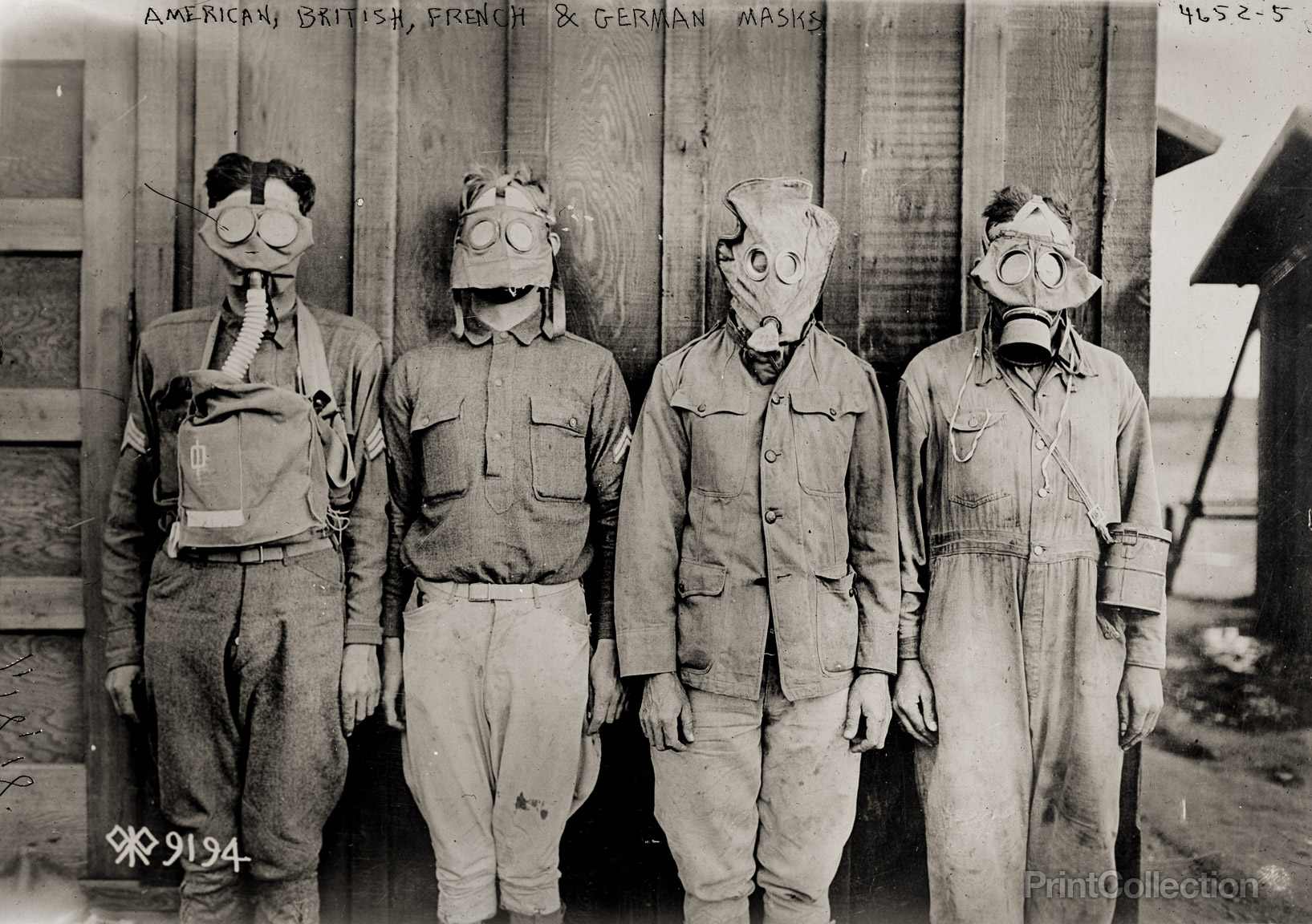In all my dreams before my helpless sight He plunges at me, guttering, choking, drowning.
It is interesting that the speaker gives us a graphic image of the sound of death using the language "guttering," "choking," and "drowning," yet it is in contrast to a dream-like state. This creates slight confusion as to whether we are now in the speaker's dream or his reality. This could be a futile attempt in showing how easy it is to have the lines of reality and fantasy cross; making the soldier a prisoner to war and "The old Lie: Dulce et decorum est Pro patria mori."




